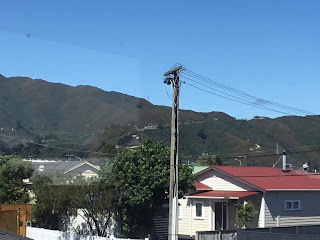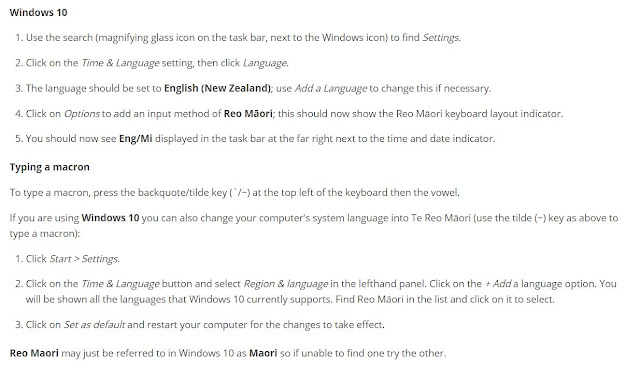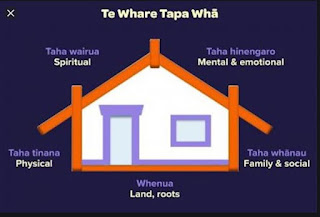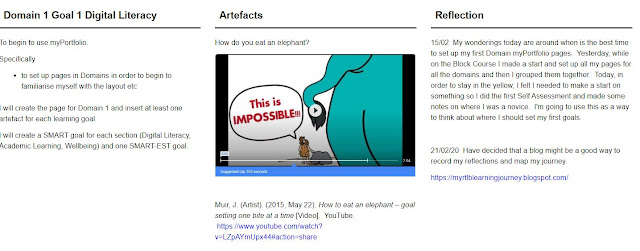Learning Dispositions and the Role of Mutual Engagement: factors for consideration in educational settings
Thinking about learning dispositions; resilience, interest/involvement and reciprocity, how do they impact on the learning and engagement of students? Two students' experiences and engagement was discussed in this article. One student was presented as not being able to fully engage in learning tasks due to time constraints and the way that their day was structured. This included the type of activities, who was present and physically the way the students were working (in a room inside with a select group). The early childhood and school experiences seemed similar (how coincidental was this as the early childhood centre and the school were 800km away from each other). The second student's experiences seemed to be more conducive to him being engaged in the task, He was allowed as much time as he needed and he was allowed to do things that were different to what was set, as long as the activities he chose were similar (ie writing about boats rather tha...



